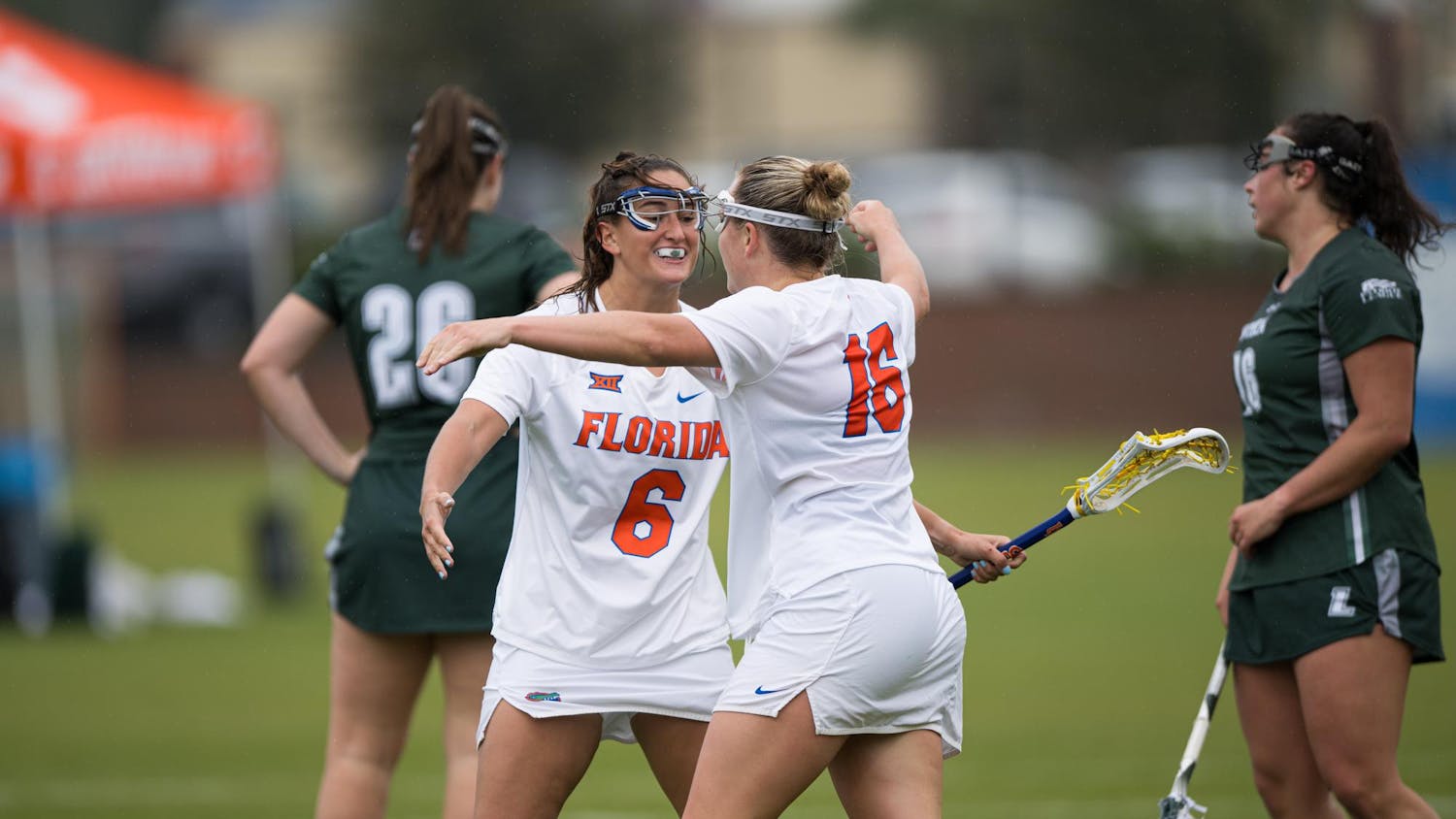This year, Black History Month may feel different for many of us, especially after the death of George Floyd and the Black Lives Matter protests that had taken place during summer. The world has opened its eyes to the centuries of racism that Black people have experienced and is now putting forth efforts to promote diversity and inclusion. Institutions like UF have claimed to engage in anti-racism, but are they missing the mark?
Well, let's take a look.
Over the summer, UF President Kent Fuchs shared his plan to combat racism on campus in an email entitled, “Another step toward positive change against racism.” However, if this was truly ‘another’ positive change against racism, what was the positive change before this anti-racism plan?
Just a year ago, a young Black student was called the N-word by a white student on a Student Nighttime Auxiliary Patrol (SNAP) van. Around that same time, the university also invited Donald Trump Jr. as a speaker on campus with open arms despite student pushback. If we wanted to go even further back, in 2017, UF hosted white supremacist Richard Spencer and spent $500,000 on his security detail.
For comparison, UF has committed $400,000 toward its Racial Justice Research Fund to benefit the Black experience.
Where was the positive change against racism then? If anything, UF has maintained a historical consistency in its lack of accountability for racism, and organizations like the Black Student Union (BSU) have continuously taken notice of this and advocated against it.
Last summer, the BSU created a petition calling for the safety and general well-being of Black students at the university. It is obvious Black students do not feel safe on campus, but the administration's solution to this problem has continually been to create task forces and workshops, rather than addressing the culture of racism at the core of UF.
Fuchs’ lack of acknowledgment for UF’s role in allowing anti-Black sentiment on campus was not the only thing missing from his June email. It also failed to fully recognize the lack of diversity and inclusion of Black students on campus.
Over the past few decades, Black student enrollment at UF has decreased significantly. In 2009, Black students accounted for 10.1% of total students, but in 2020 the Black population fell to 6.7%.
Historically, these circumstances are not anomalies for UF. On April 15, 1971, thirteen years after the desegregation of the university, the BSU organized a sit-in in Stephen O’Connell’s office at Tigert Hall to address the lack of Black students and faculty on campus. After being met with police, 67 students were arrested and nearly a third of Black students left the university. This demonstration known as “Black Thursday,” prompted the university to open the Institute of Black Culture (IBC) and launch the African American Studies program.
While this event was monumental for Black students at the university, almost fifty years later BSU is still demanding the recruitment and protection of Black students and faculty.
As long as UF has the mentality of pursuing action to improve race relations on campus when it is convenient and beneficial for them, Black students will continue to suffer. It certainly calls into question the motives behind UF’s delayed action to end prison labor contracts or consider renaming buildings, even though students had been protesting these issues for years.
Being inclusive of Black people and creating spaces where we can feel comfortable on campus means allowing us to be present in every space available, from the Board of Trustees (BOT) down. As the most powerful body on campus, the UF BOT’s lack of diversity and complete absence of Black representation is unacceptable and needs to change.
The question remains: how can UF be a more equitable institution?
Well, it starts with the plan proposed by President Fuchs last summer, but it does not end there. While the plan for racial justice from UF pushes the university ahead in the fight against racism, we need to create environments where Black students actually feel safe.
As important as it is to amplify the Black experience, it is even more important that we improve that experience as well. In order to adequately care for its Black students, UF needs to listen to them, and take their concerns seriously.
As students, it is imperative for us to continue holding the university accountable for the ‘positive change’ it promised to take last summer. Ensuring racial justice will not be easy, but it is necessary for the advancement of our university.
Aysia Gilbert is a History and African American Studies sophomore at UF.






